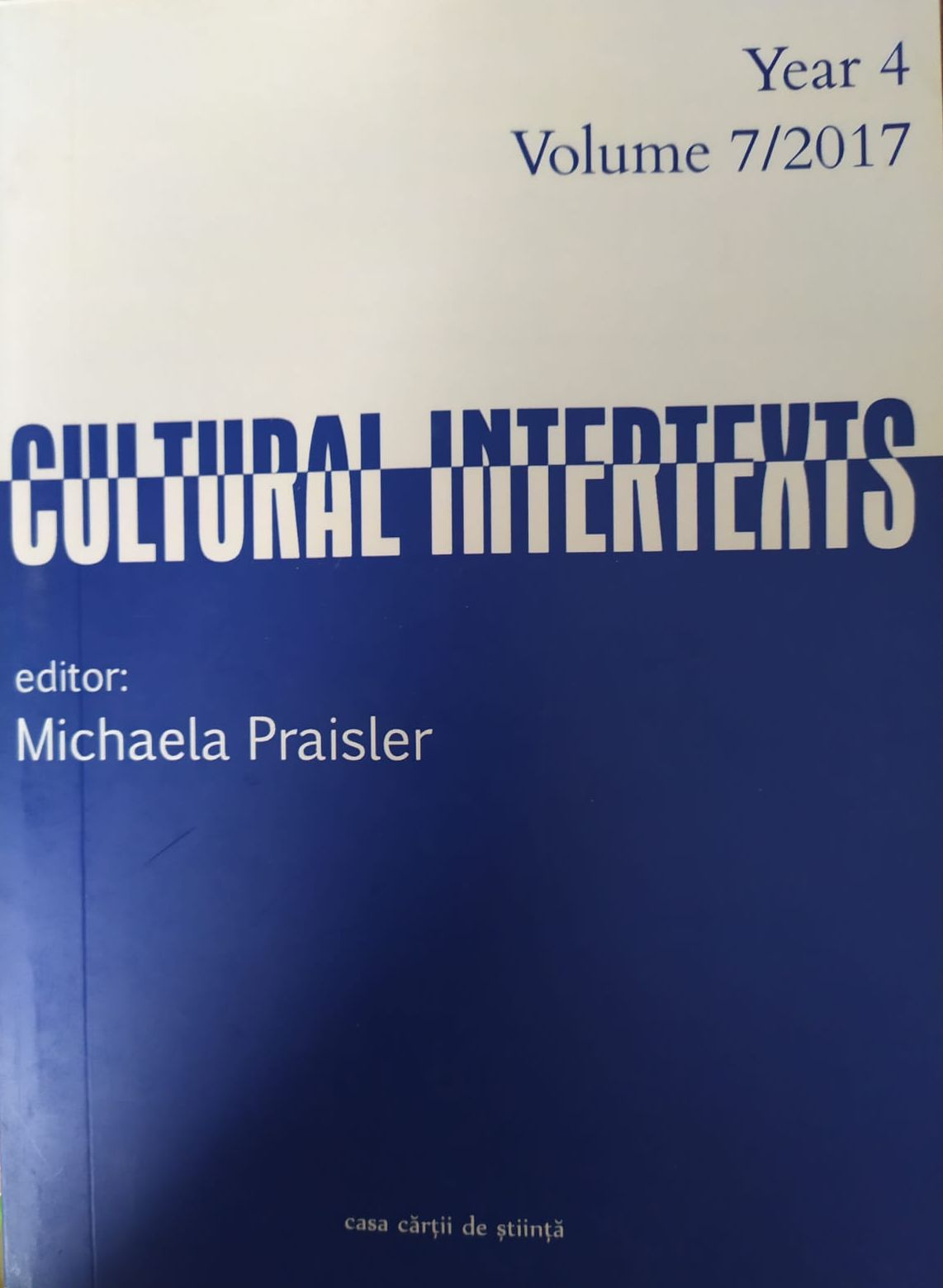Textual Hybridity in Orhan Pamukʼs The Black Book
Textual Hybridity in Orhan Pamukʼs The Black Book
Author(s): Cristina StanSubject(s): Language and Literature Studies, Literary Texts, Fiction, Studies of Literature, Novel, Turkish Literature
Published by: Editura Casa Cărții de Știință
Keywords: postmodernism; Pamuk; hybridity;
Summary/Abstract: The aim of this article is to explore the way memory and identity intertwine and are reflected by textual hybridity in one of Orhan Pamuk’s most acclaimed writings, The Black Book. As an admirer of great writers such as Borges or Calvino, who redefined and innovated traditional narrative discourses and styles, Pamuk also chooses to experiment, break fictional confinements and go beyond established patterns. The Nobel winner succeeds in creating a well-crafted intertextual network that teems with all sorts of playful allusions, rewritings, references to and evocations of Islamic texts, Turkish literature, Oriental allegories and Western literature. Configuring one‘s identity and coming to terms with memory both find a unique and intriguing expression in a labyrinthine universe.
Journal: Cultural Intertexts
- Issue Year: 7/2017
- Issue No: 7
- Page Range: 211-218
- Page Count: 8
- Language: English

